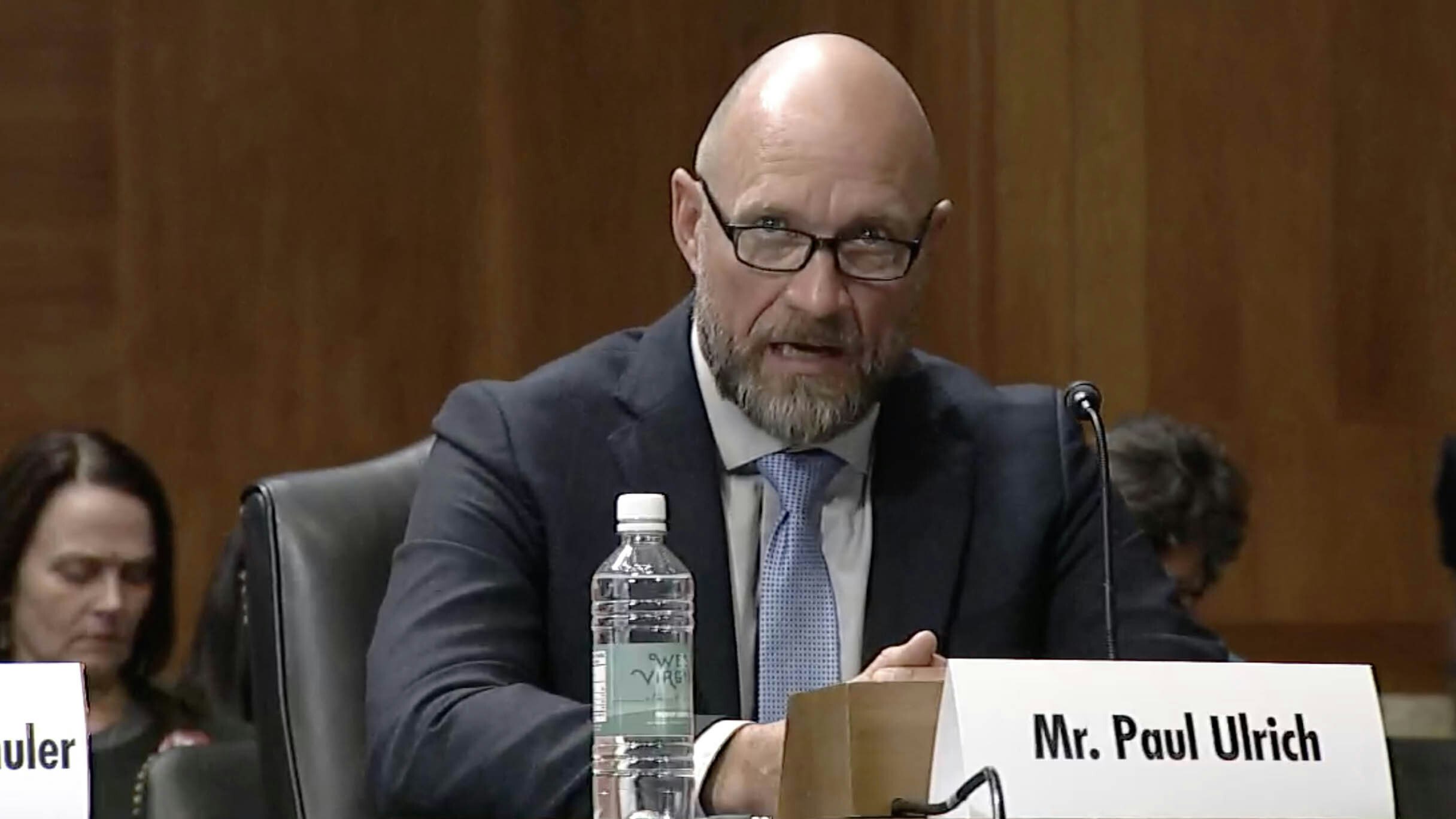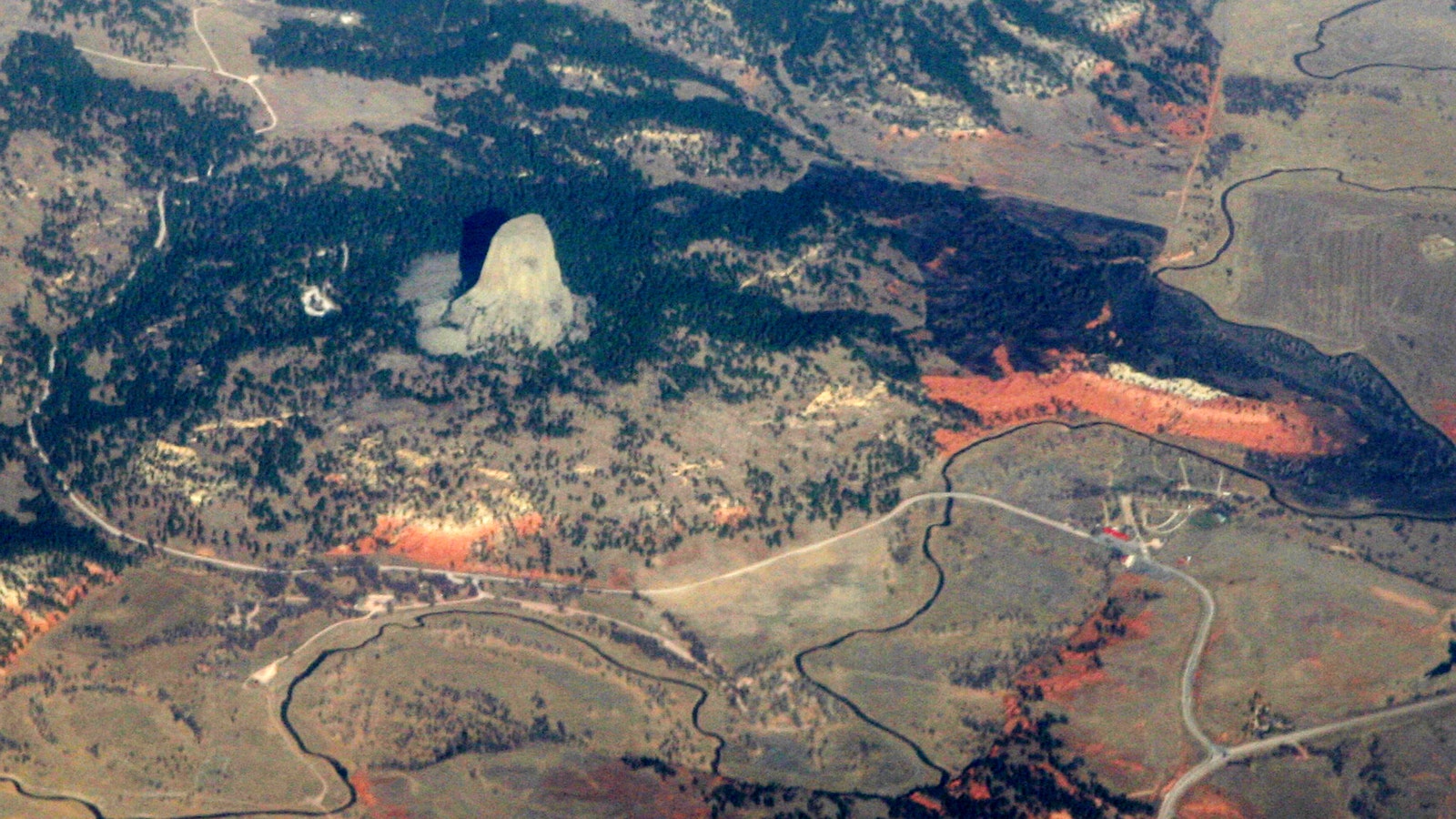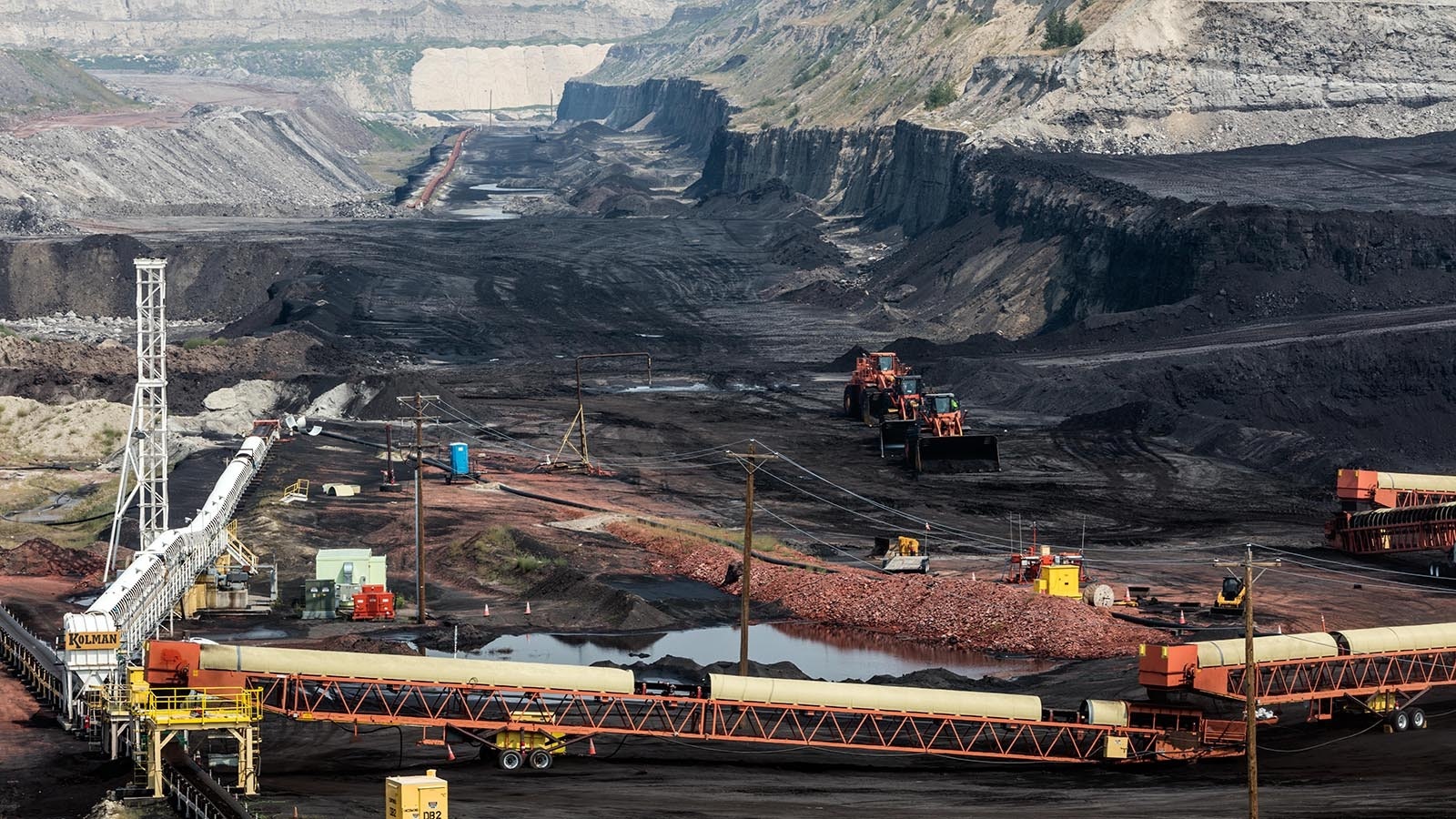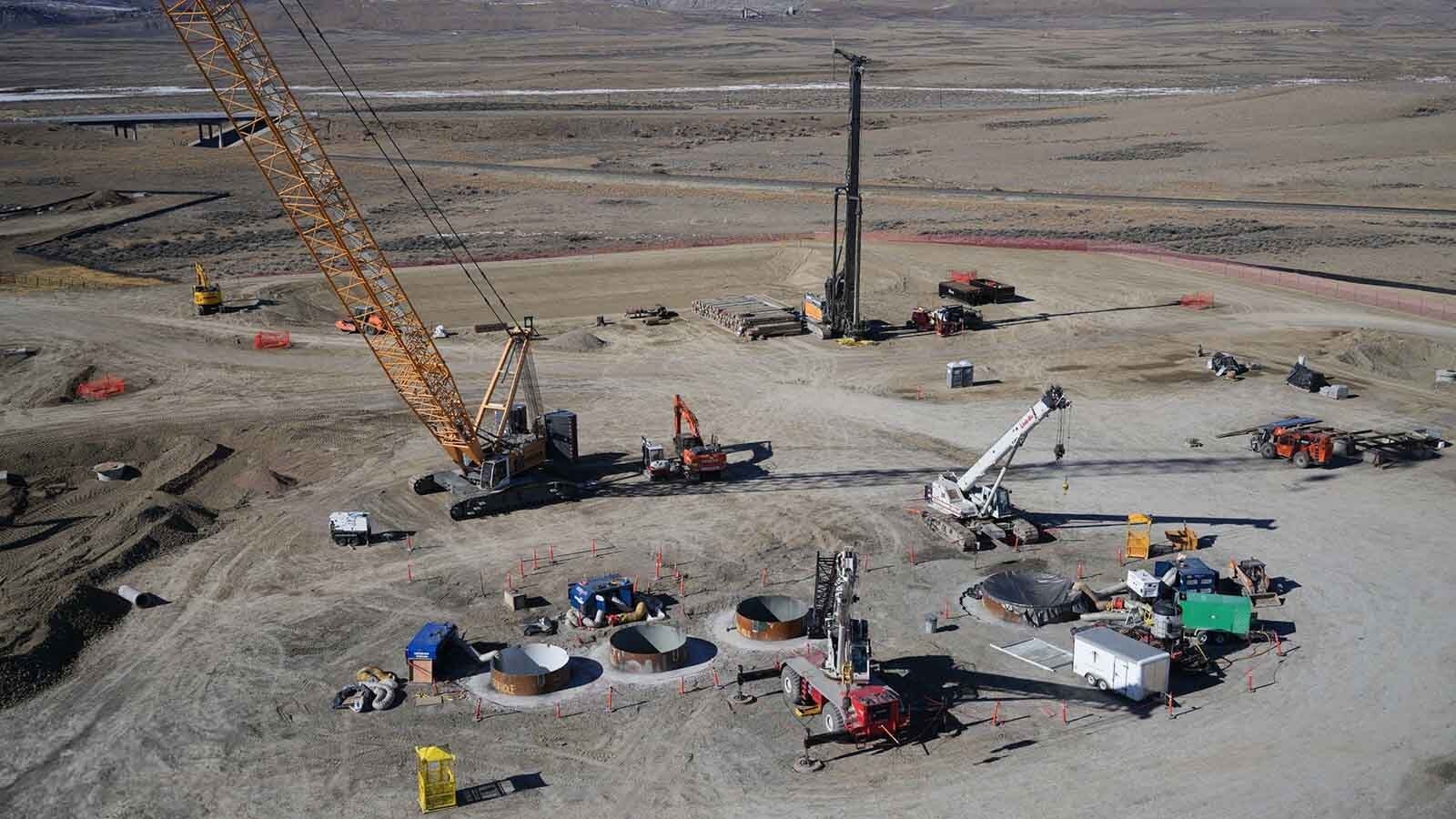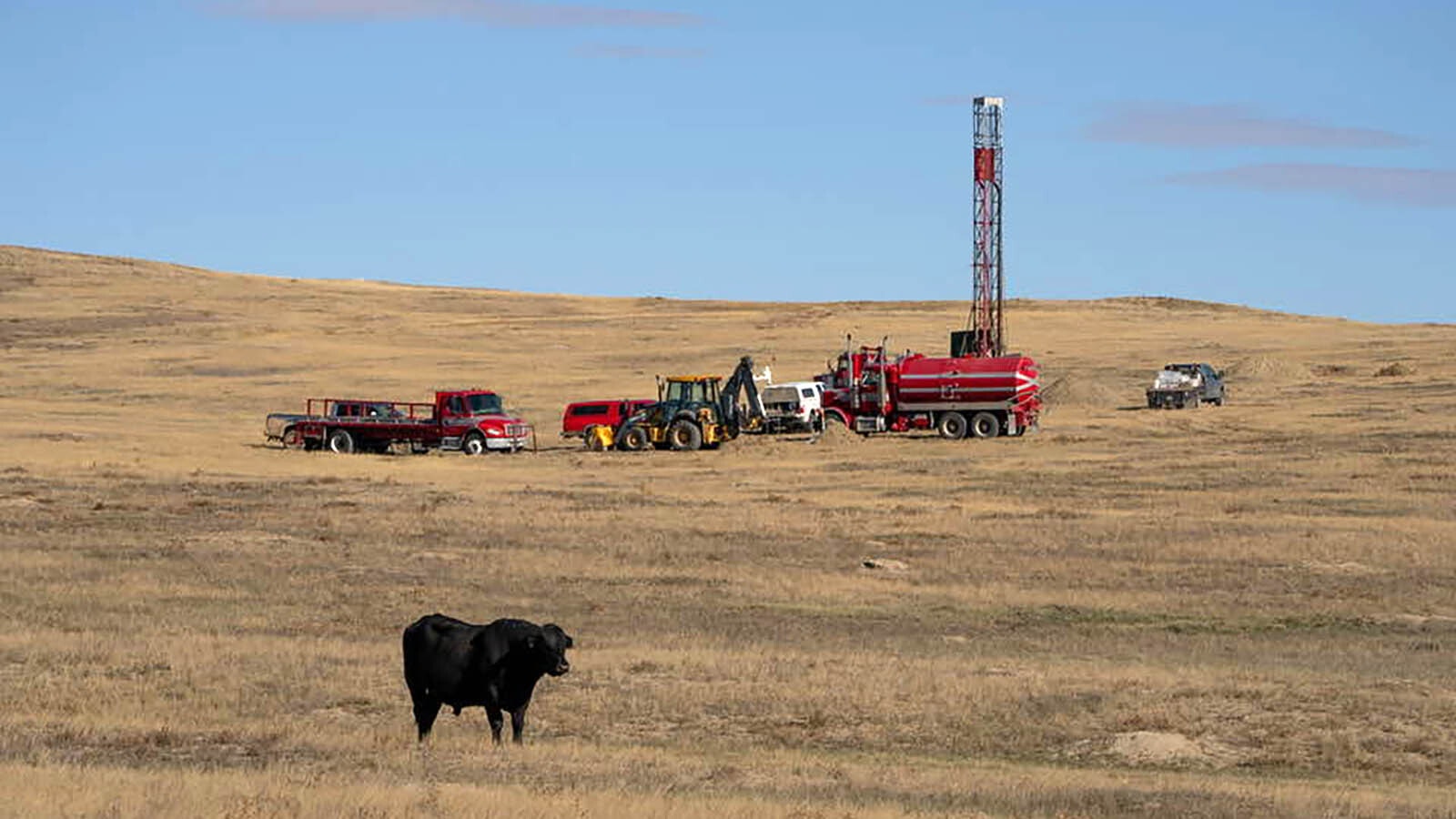Wyoming oil and gas production could be much higher were it not for projects involving more than 6,000 wells being canceled after lengthy waits for permits.
That nugget of information was presented during congressional testimony by Wyoming’s Paul Ulrich, a noted Wyoming outdoorsman and vice-president of Jonah Energy, on permitting reform.
Ulrich urged members of the Senate Committee on Energy and Natural Resources to take action to reduce permitting times for energy projects and enact litigation reform.
“This is an issue that affects any type of energy development in the state of Wyoming and beyond,” Ulrich told Cowboy State Daily on Friday.
Environmental Assessments
During his testimony, Ulrich said that delays in environmental assessments required by the National Environmental Policy Act (NEPA) impact local communities, energy industry jobs and individual energy consumers.
Ulrich said applications for permits to drill have increased 124% from 2018 to 2022. Operators of the Moxa Arch Infill Project in southwestern Wyoming, which had 5,161 wells planned, canceled the project after waiting eight years for approval.
ExxonMobile canceled the La Barge Platform project, which would have been 150 miles northwest of Wamsutter and 100 miles northwest of Rock Springs, after waiting nearly six years for approval. That project called for 838 wells.
Ulrich said the increases in oil and gas production over the past several years largely occurred as a result of projects on state and private land.
“Competition for capital and resources often means projects take a back seat to other more efficient development on private land,” he said.
Renewable Energy
Ulrich also discussed how important permitting reform is to renewable energy.
In January 2008, Power Company of Wyoming LLC applied for a right of way permit for its Chokecherry and Sierra Madre Wind Energy Project, a 600-turbine, 3,000-megawatt wind farm in Carbon County. That permit was approved in December 2012, but the project needed four additional environmental assessments to analyze successive phases of the project.
The entire NEPA process took 12 years.
The 700-mile TransWest Express Transmission Project that was required to transport the energy produced at the project to consumers in Western states took 15 years to permit, and it still has another five years of construction before it’s online.
“This timeline is not unique to this project,” Ulrich said. “If you look at all of the major new transmission lines underway in the West, including three new interstate power lines intersecting Wyoming, all have [federal permitting] timelines in excess of a decade.”
Litigation Reform
Ulrich also spoke of the need for litigation reform.
Lawsuits brought by environmentalists and non-governmental organizations have halted approvals. He pointed to 18 oil and gas lease sales in Wyoming on federal land between 2015 and 2020 that were held up as a result of lawsuits from the Western Watersheds Project, Montana Wildlife Federation and Wildlife Guardians.
The effect of all the litigation cumulatively is that the Bureau of Land Management isn’t approving drilling permits or any other action on 2.2 million acres of oil and gas leases in Wyoming for the foreseeable future.
“This is a new and unprecedented policy,” Ulrich said.
Bipartisan Support
While permitting reform would benefit renewable energy projects, a previous effort toward permitting reform failed last year when environmental groups fought it, arguing it undermined processes that protect the environment.
Ulrich said in an interview this newest effort stands a good chance, because of the bi-partisan support it is receiving.
Ryan McConnaughey, spokesperson for the Petroleum Association of Wyoming, agreed the effort this year might have legs. He told Cowboy State Daily permitting delays have impacted not just the oil and gas industry, but the renewable energy industry as well. Any organization involved in projects requiring federal permitting, which includes other infrastructure projects, have encountered the problem.
“We're seeing people on both sides of the aisle wanting projects done that are being hampered by these regulatory delays. So, we would certainly hope that they could get something through that would be beneficial, and would urge them to do so,” McConnaughey said.
Kevin Killough can be reached at: Kevin@CowboyStateDaily.com

